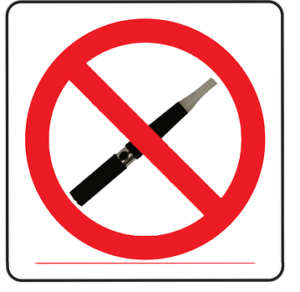Calcium is an important mineral for building strong, healthy teeth, but not everyone can tolerate the lactose found in dairy. Lactose is a sugar found in milk and other dairy products. About 65% of people have reduced ability to process lactose past infancy.

If you have difficulty with lactose but want to ensure you are getting the calcium you need, consider one of these non-dairy sources of natural calcium.
- Canned seafood, such as sardines and salmon, can be a good source of calcium. These inexpensive options actually contain more calcium than their fresh counterparts. Canned seafood contains small, soft, edible bones that are generally unnoticeable but can be a great way to add calcium to a salad or other dish.
- Calcium-fortified juices are available in both orange and cranberry varieties. These juices taste the same as non-fortified options, but contain a substantial amount of calcium. Check the label to ensure it is a calcium-fortified juice.
- Soy, rice, and almond milks offer added calcium and can be used as a milk substitute for many dishes. Experiment with different varieties to determine which flavor you like the most for each use. Try one of these milk alternatives on cereal or use in a cooked dish in place of regular milk. Soy, rice, and almond milks are available in a variety of flavors, including plain, sweetened, unsweetened, vanilla, and other options.
- Beans are a calcium-rich food. Black-eyed peas and baked beans are particularly high in calcium.
- Green vegetables are a good source of natural calcium. Collard, mustard, turnip, and dandelion greens, Chinese cabbage, spinach, kale, okra, and broccoli are all great choices for adding calcium to your diet.
- Nuts, such as almonds, walnuts, hazelnuts, or Brazil nuts are strong sources of calcium. Flaxseeds and sunflower seeds are a great snack or salad additive with calcium. Almond butter, cashew butter, and pumpkin seed butter are a fun and calcium-rich alternative to peanut butter.
- Breakfast cereals are highly fortified with several vitamins and minerals, including calcium. Old-fashioned rolled oatmeal adds calcium to your breakfast as well.
Calcium is important for developing and maintaining strong teeth and bones. If you have trouble with dairy, don’t let that stop you from consuming your recommended amount of daily calcium.
For more information that can improve your oral health, contact our office.










 Little teeth will grow into a big smile. To ensure your child is on track for a lifetime of optimal oral health, it is important to instill good oral hygiene habits early in life. We understand that this can sometimes be a challenge. It’s hard to keep the interest of young children, which can make brushing twice a day for two minutes each time difficult to do. We’ve gathered a few pointers to help you and your child make brushing time a fun experience.
Little teeth will grow into a big smile. To ensure your child is on track for a lifetime of optimal oral health, it is important to instill good oral hygiene habits early in life. We understand that this can sometimes be a challenge. It’s hard to keep the interest of young children, which can make brushing twice a day for two minutes each time difficult to do. We’ve gathered a few pointers to help you and your child make brushing time a fun experience. The hazards surrounding vaping are not entirely clear. More research is needed in this area, but a recent study indicates that e-cigarette vapors could be damaging to your mouth. Here’s what you need to know.
The hazards surrounding vaping are not entirely clear. More research is needed in this area, but a recent study indicates that e-cigarette vapors could be damaging to your mouth. Here’s what you need to know.